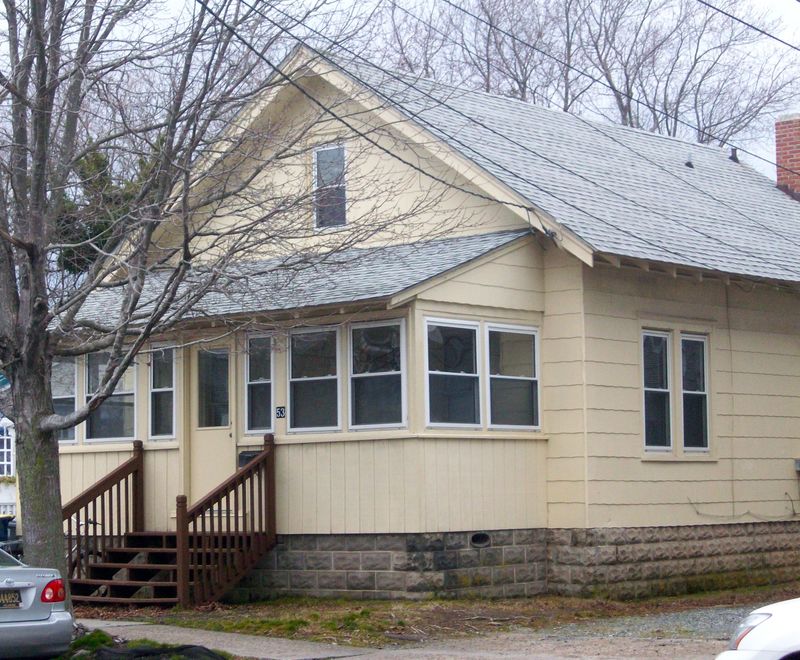Court denies Michael Scanlon’s appeal
A corrupt Washington, D.C., lobbyist who moonlighted as a Rehoboth Beach lifeguard has been denied an appeal that could have saved him nearly $20 million.
Michael Sean Scanlon earned national infamy for his role alongside Jack Abramoff in a conspiracy to defraud Native American tribes for millions of dollars. Native American tribes interested in operating casinos thought they were paying Scanlon for public relations services and election campaign support. Instead, money meant for lobbying was being funneled into the pockets of Scanlon and Abramoff.
Scanlon used some of the money from the scheme to buy property in Rehoboth Beach and Dewey Beach, including a house at 53 Baltimore Ave. in Rehoboth Beach, which he used to set up a fake think tank called the American International Center. According to Cape Gazette articles, tribes were encouraged to donate money to the think tank, but the Rehoboth Beach house was actually used to launder money to Scanlon and Abramoff.
Scanlon had visited Delaware beaches as a teenager and worked on-and-off as a Rehoboth Beach lifeguard before fraud charges were brought against him.
Scanlon, 41, pleaded guilty to conspiring to bribe public officials and honest services fraud in November 2005. He agreed to pay back nearly $20 million to his Native American clients and testify against others involved in the case.
According to court documents, “Scanlon was not then sentenced but instead, for the next five years, cooperated with the government in its investigation of corruption on Capitol Hill.”
Scanlon tried to modify his plea agreement in 2010 to conform to the Supreme Court ruling in the case of Enron CEO Jeffrey Skilling, which scaled back the honest services law, commonly used by prosecutors in corruption and fraud cases. But Scanlon was issued a Nov. 30 order that denied his request.
In February 2011, District Judge Ellen Huvelle sentenced Scanlon to 20 months in federal prison, and he was ordered to pay $20 million in restitution. Less than two weeks later, Scanlon appealed the court’s denial of his request to modify his plea agreement, saying his sentence should be overturned and renegotiated to comply with the precedent set in Skilling vs. United States.
The U.S. Court of Appeals denied Scanlon’s appeal, Jan. 20, saying courts are not authorized to modify or amend plea agreements. According to the denial, the court is allowed only to accept or reject a plea agreement. “Modification of the agreement by the court is not an option,” court documents say.
The denial also says once the court accepts a plea agreement, it cannot be rejected or modified. “Scanlon argues otherwise, but he is unable to cite any case in which a plea agreement was amended or modified by the court at the unilateral request of one of the parties,” the denial says.
According to the denial, Scanlon could have tried to withdraw his plea agreement prior to his sentencing, but he did not. Documents say, “We can hardly hold that the district court erred by not granting relief the appellant had not sought.”
Scanlon is serving out his sentence in the Federal Prison Camp in Pensacola, Fla. He is scheduled for release on Monday, Sept. 10.






















































